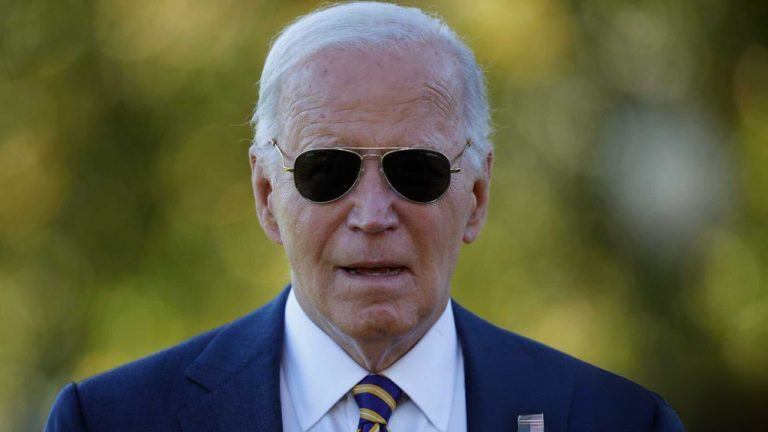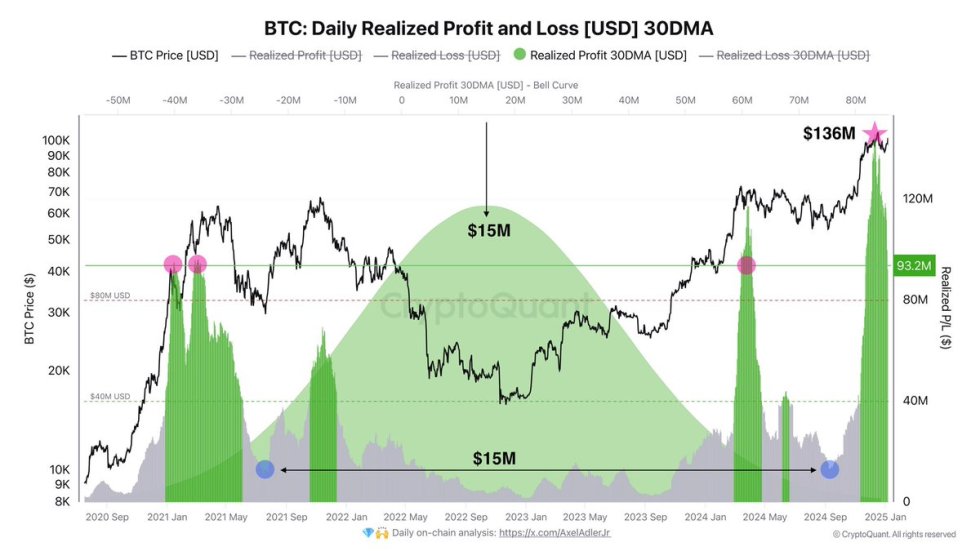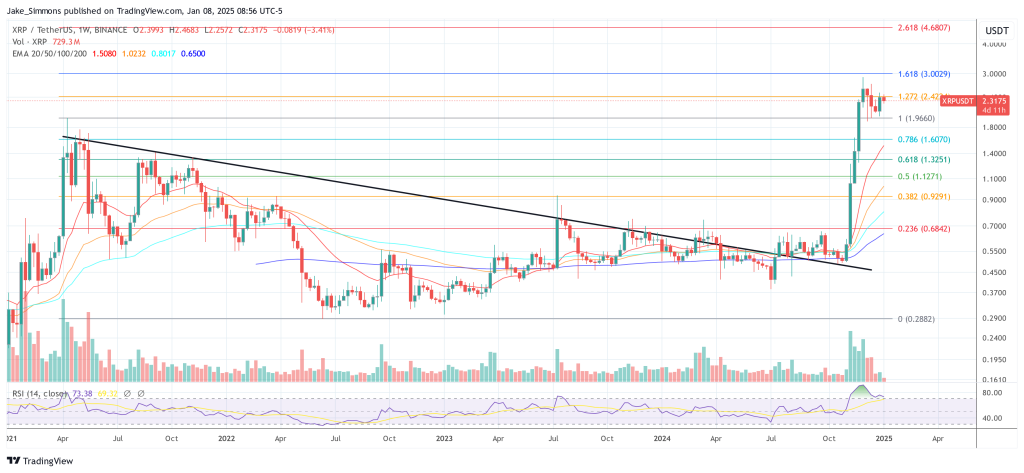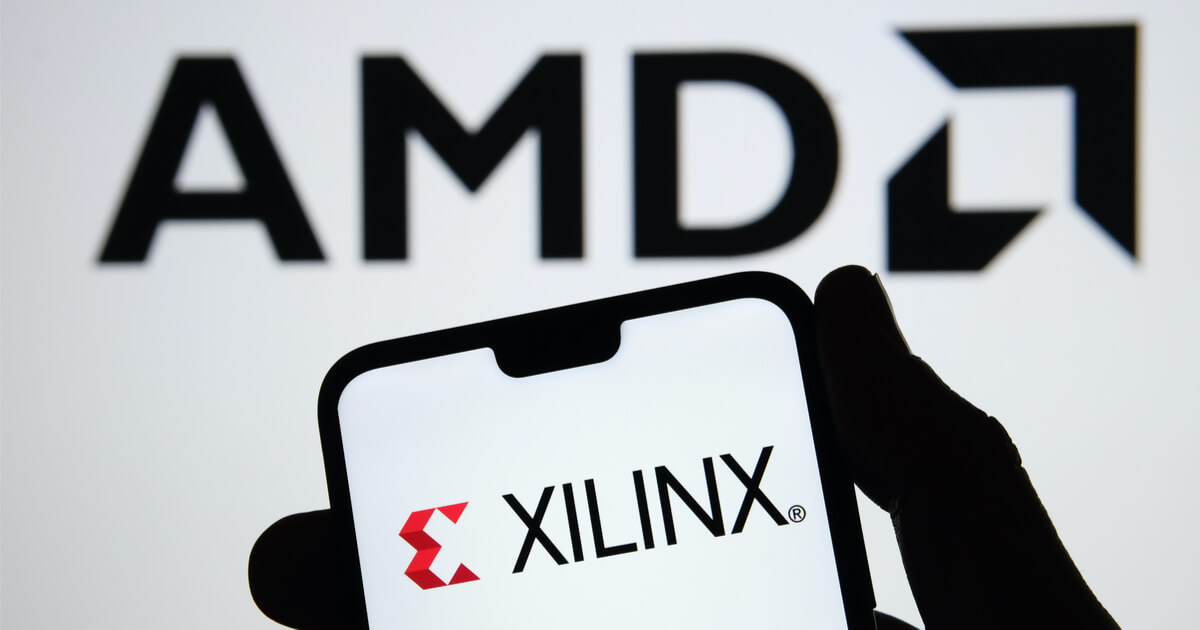CRYPTO INDUSTRY UPDATES
Regulatory Developments:
The IRS will not consider miners or stakers to be brokers
The Internal Revenue Service’s (IRS) recent decision, following a lawsuit against it, is a positive development regarding the taxation of crypto assets. Joshua and Jessica Jarrett filed a lawsuit against IRS in May 2021, after they were taxed on their staking rewards on the Tezos blockchain. The couple requested a refund for $3,293 of income tax paid for the minting of 8,876 Tezos (XTZ) tokens.
The IRS offered a refund on the taxes paid for those staking rewards. The court filings that were made public on February 3, 2022, indicate a bench trial in March 2023, unless the case is settled after the discovery process in mid-March of this year.
The Jarretts seek to escalate their case further by attempting to cement their claim into the IRS tax code. The couple claims that cryptocurrencies generated in proof-of-stake (PoS) networks are taxpayer-created property and should not be taxed as long as they are not sold nor exchanged. The filings explicitly stated:
“The federal income tax law does not permit the taxation of tokens created through a staking enterprise. Like a baker who bakes a cake using ingredients and an oven or a writer who writes a book using Microsoft Word and a computer, Mr. Jarrett created property. Like the baker or the writer, Mr. Jarrett will realize taxable income when he first sells or exchanges the new property he created, but the federal income tax law does not permit the taxation of the Jarrett’s simply because Mr. Jarrett created new property.”
It is important to note that the settlement offer in Jarrett’s case is not a binding precedent. Due to this, the outcome of the lawsuit will likely be a bright sign for crypto taxation laws in the future.
CRYPTOCURRENCY PRODUCT UPDATES
Layer 1 Blockchains
Terra signs a $40M deal with Washington Nationals
Terra has announced a sponsorship agreement with Major League Baseball’s Washington Nationals. The sponsorship deal is valued at $40 million which is sourced from Terra community members and investors.
The deal also includes creating digital collectibles for the team’s social platforms and adding Terra logos inside the Nationals Park.
Layer 2 Blockchains
Polygon raises $450M from Sequoia Capital India, Galaxy, and SoftBank
Polygon, the major layer 2 scaling solution on the Ethereum blockchain, raised a record $450 million in a funding round led by Sequoia Capital India. 40 venture capital firms participated in the funding round, they included SoftBank, Michael Novogratz’s Galaxy Digital, and Tiger Global as well as Kevin O’Leary of ABC’s “Shark Tank”.
Polygon will use the funding to build Web 3 applications, including Polygon PoS, Polygon Edge, and Polygon Avail, which are similar to Amazon Web Services. The company will additionally invest in zero-knowledge technology with the proceeds.
Polygon raised the funds through a private sale of its native MATIC tokens, which surged after the funding was announced in the media.
The fundraising is the project’s first financing round since its establishment in 2017.
NFT/Metaverse
McDonald’s to open metaverse restaurants
McDonald’s revealed plans to open food delivery services inside the metaverse. The American fast-food chain filed ten trademark applications, which include a virtual restaurant that features actual and virtual goods with plans to offer home delivery.
Gucci enters The Sandbox metaverse
The luxury clothing brand announced that it bought an undisclosed amount of virtual land on The Sandbox. Gucci plans to create themed experiences on The Sandbox which include items like Gucci-themed non-fungible tokens (NFT) and vintage bags.
In addition to a fashion-focused metaverse space, Gucci also will be releasing fashion items for Sandbox players to purchase and wear in the game’s virtual reality.
Zynga to enter the NFT game space
The mobile gaming giant, Zynga is planning to launch its first NFT games. The company also plans several acquisitions in the Web 3 game-publishing industry.
Zynga became popular with Facebook-based social games like Farmville.
DeFi
Wormhole exploited for 93,750 ETH
Wormhole, the largest cross-chain bridge on Solana, was exploited for 120,000 ETH. A bridge is a network infrastructure that allows assets to be transferred from one chain to another. Bridges use wrapped tokens to make these transfers. “Guardians” are a decentralized mechanism that verifies that the wrapped tokens have been locked in a smart contract. The bridge then mints an equivalent amount of those tokens on the destination chain once the verification is complete. An unvalidated component of the Wormhole bridge allowed the attacker to generate fake guardian signatures to mint 120,000 ETH on the platform. Hackers were able to get away with 93,750 ETH.

You can get bonuses upto $100 FREE BONUS when you:
💰 Install these recommended apps:
💲 SocialGood - 100% Crypto Back on Everyday Shopping
💲 xPortal - The DeFi For The Next Billion
💲 CryptoTab Browser - Lightweight, fast, and ready to mine!
💰 Register on these recommended exchanges:
🟡 Binance🟡 Bitfinex🟡 Bitmart🟡 Bittrex🟡 Bitget
🟡 CoinEx🟡 Crypto.com🟡 Gate.io🟡 Huobi🟡 Kucoin.



















Comments